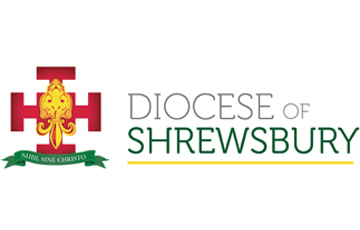Reading
Intent
At St Benedict’s, we are dedicated to encouraging all children to be passionate about reading and writing. We are determined that ALL children will become highly competent readers and writers by the end of their time with us. It is our intention to immerse pupils in the wonders of quality texts to instil a love for reading, a passion for discovery and a confidence to explore their imagination.
During their time at St Benedict’s, all children will be exposed to a high-quality education in English. This will teach pupils to speak and write fluently so that they can communicate their ideas and emotions to others, and through their reading and listening, others can communicate with them.
During their time at St Benedict’s, all children will be exposed to a high-quality education in English. This will teach pupils to speak and write fluently so that they can communicate their ideas and emotions to others, and through their reading and listening, others can communicate with them.
At St Benedict’s, the English Curriculum consists of:
Writing
Cursive handwriting is to be used across the school. Handwriting is to be taught during weekly sessions in Key Stage 1. Interventions will take place in Key Stage 2 where necessary.
Writing
- Carefully designed text-led learning journeys, with a clear starting point and end outcome.
- Differentiated tasks which are designed to support and challenge all learners.
- A carefully designed curriculum that follows the Cheshire East progression statements.
- Opportunities to apply taught skills in other areas of the curriculum
- Daily phonics lessons in Reception and Year 1, following the Little Wandle Letters and Sounds Revised program.
- Daily spelling sessions in Year 2 and Key Stage 2, following the Spelling shed programme
Cursive handwriting is to be used across the school. Handwriting is to be taught during weekly sessions in Key Stage 1. Interventions will take place in Key Stage 2 where necessary.
Reading
- Children in Reception and Year 1 will read in a guided group 3 times a week, reading decodable books inline with their phonics progression. Once the children’s phonics is secure, children will progress through the colour banded reading scheme until they become ‘Free Readers’. Weekly guided group reading will continue throughout KS1, focussing on decoding, prosody and comprehension.
- Whole class reading sessions take place daily from Year 3 to Year 6. These sessions follow a progression of skills, and help children to develop their: decoding and comprehension skills. KS2 use a whole class reading approach to their sessions and implement VIPERS to aid children’s comprehension.
- Reading for pleasure is promoted in all classes through the use of ERIC time, the use of class and Key stage libraries and reading events.
- The use of reading records is implemented in all year groups to support reading at home.
Impact
We strive to ensure that our children's attainment is in line with or exceeds their potential when we consider the varied starting points of all our children. We measure this throughout KS1 using Phonics assessments, group reading and PIRA assessments. In KS2 our assessment is through whole class reading and NFER assessments. Our intentions are that our English curriculum will ensure our pupils are academically prepared for life beyond primary school and throughout their educational journey
How do we teach Reading?

 St Benedict's
St Benedict's

